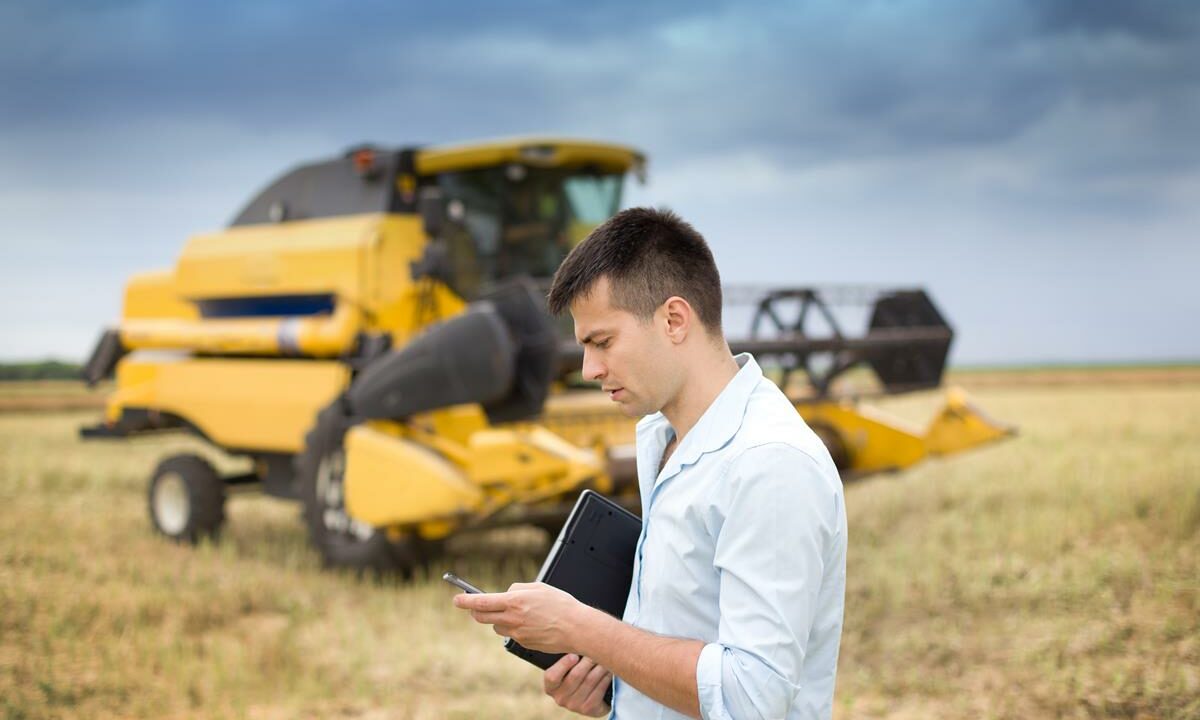An open invitation has been extended to farmers of all types for an upcoming workshop on ‘Smart Farming’ being held in Maynooth University, Co. Kildare.
Organised by Dr. Peter Mooney and Dr. Liadh Kelly of NUI Maynooth’s Department of Computer Science, the first national Workshop on Smart Farming and Data Analytics 2019 is on Wednesday, June 12.
What is ‘Smart Farming’?
Simply put, smart farming is the application of data analytics – taking lots of data and trying to apply different techniques to them to find patterns to answer questions and give additional information – and using such techniques to help farmers make more informed decisions about day-to-day things on their farms.
Commenting on the matter to AgriLand, Dr. Peter Mooney explained: “It’s not something that should replace the knowledge that a farmer has built up over 20 or 30 years of farming experience, but rather be a helping hand to it; to complement it.”
Key benefits of this include time-saving and enhanced productivity, he noted.
“There’s a really nice application in Holland where they put microphones out in the sheds and they record all the coughs and grunts in the sheds in the winter-time.
So they have a database of what a calf’s healthy cough should sound like, healthy sounds, so then if you start hearing the sound of a cough that’s aligned with an infection or something like that, the microphone will pick that up and send a text to the farmer and say ‘we’ve detected a sound in the yard’.
“We would see in the long term, hopefully, a better work-life balance for farmers – that if you can integrate that smart farming idea over the years, you get a better balance,” Peter said.
The workshop
The event is free to register, with lunch and breaks provided, and is aimed at farmers, agricultural scientists, advisors and data scientists with the stated goal of bringing all stakeholders together to establish how best to help farmers – as end-users – get the most out of technology currently being developed.
The day will then consist of a number of open-floor discussion groups where attendees will be broken into small groups with a moderator who will throw a few questions to the floor for debate and discussion.
There will be a particular focus on the farmer, as end-user of the developed technology, according to Peter.
Commenting on the event itself, the lecturer said: “What happens a lot with academic research is academics sit in their offices and think about the problems that are out there and then start doing research on them – and then when they go to the people who should be benefiting from this those people say ‘that’s not the problem at all’.
What we want the farming community to say is ‘listen, we’re very interested in this aspect of smart farming but we see X as a problem or we see Y as a problem; and how would you fix it’.
“And then people like myself or people like the policy people or the ag science people could say ‘well this is one way…’ and we start getting a two-way dialogue,” he explained.
Peter said that the “real problems on the ground would be discussed, be it the issue of broadband, or a lack of IT skills or whichever, rather than academics just trying to guess the problems”.
In the afternoon, three half-hour demo sessions will be held, with attendees given the option to choose the ones most interesting to them.
Peter highlighted that the discussions on the day are “very much aimed at something a farmer or a policy maker or an ag scientist can walk away from feeling that they understood what was there and can maybe take away something from it as well”.
“All we require is that they go onto the website and register their name and their contact details so that we have enough room in the lecture space and we have enough lunch to serve; that’s the only reason we’re looking for registration. Farmers from any type of farm anywhere in the country are absolutely welcome.”
Bridging the gap
Having worked on farms when he was younger, Peter noted that he has always had an interest in this kind of sphere, taking a more serious point of view in recent years to look at what issues are there and how to tackle them.
“Over the years I’ve talked to farmers – different sized farmers; tillage farmers, dairy farmers – and it’s only when they start explaining – they probably already have some smart farming in there but then they might say ‘this particular thing is holding me back’ or ‘I’d like to do this’ or ‘is this possible?’
“And if this workshop could provide that kind of bridge between the farmers as the end-users of this technology – [then] those end-users become people who help shape that technology as well.”
To find out more about the event click here
